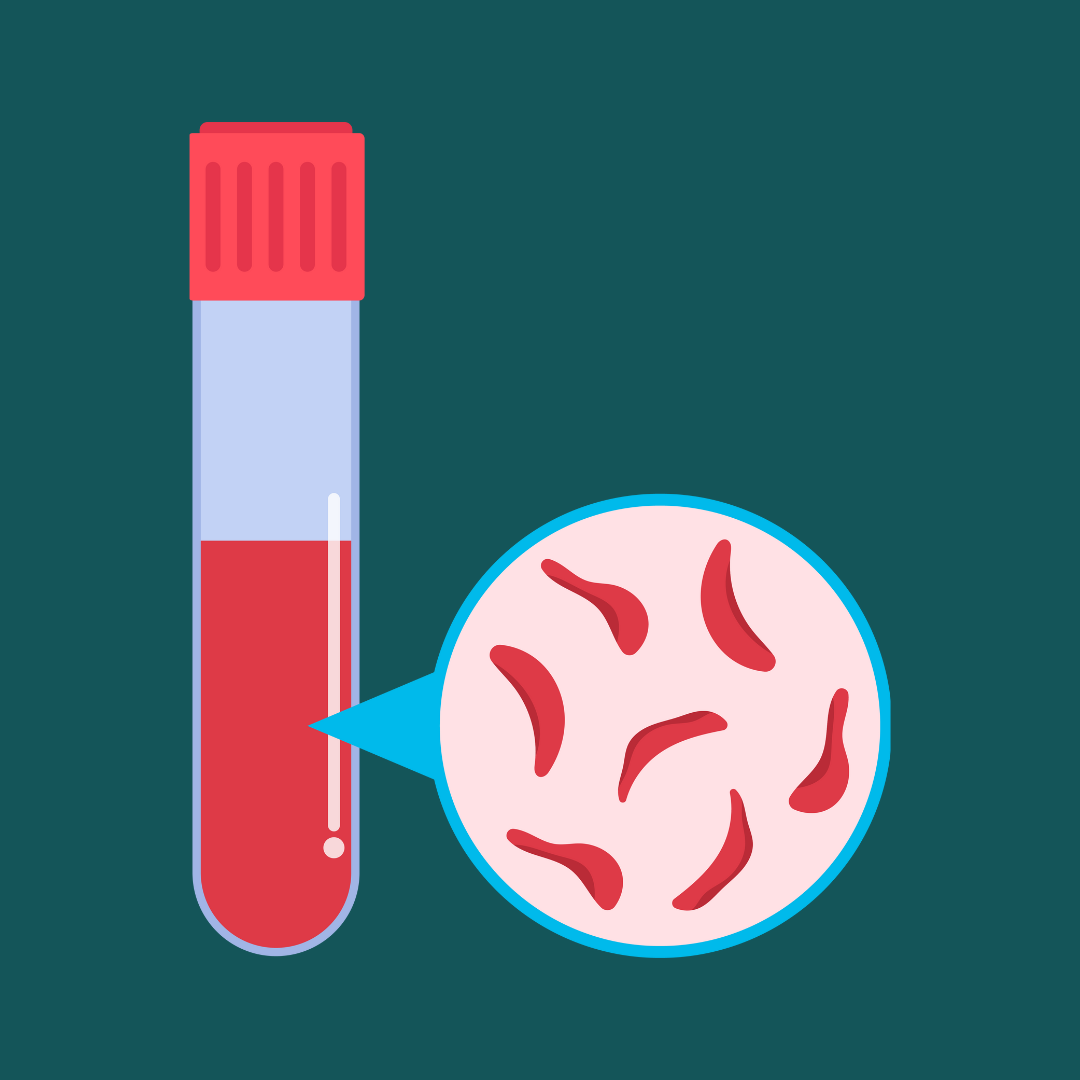The ethical dilemma of gene editing: Our reporter took your questions
By Carolyn Y. Johnson,
The Washington Post [cites CGS’ Pete Shanks ]
| 12. 08. 2023
The first medicine based on gene editing, a one-time therapy for sickle cell disease, was just approved in the United States. It’s a big moment for patients with sickle cell disease and for the technology called CRISPR, which powers the therapy.
I am Carolyn Johnson, a science reporter at The Washington Post, and I’ve been following the speedy trajectory of CRISPR from a scientific breakthrough in 2012 to a medicine that can alleviate human suffering 11 years later. On Tuesday, I answered your questions about the potential of this technology to transform medicine — and the challenges associated with it.
First, a quick primer: CRISPR is often compared to a pair of “molecular scissors” that can make targeted cuts in DNA, giving scientists the ability to easily and precisely alter the genome. Scientists often hear from families afflicted by genetic diseases hoping that this technology will help save their loved ones. It has also spurred controversies — including battles over who invented CRISPR and the fear that it will be used to create “designer babies.”
Here...
Related Articles
By Cade Metz and Karen Weise, The New York Times | 05.05.2025
Last month, an A.I. bot that handles tech support for Cursor, an up-and-coming tool for computer programmers, alerted several customers about a change in company policy. It said they were no longer allowed to use Cursor on more than...
By David Coltman, Carson Mitchell, Liam Alastair Wayde Carter, and Tommy Galfano, The Conversation | 05.12.2025
By Cade Metz and Karen Weise, The New York Times | 05.05.2025
Last month, an A.I. bot that handles tech support for Cursor, an up-and-coming tool for computer programmers, alerted several customers about a change in company policy. It said they were no longer allowed to use Cursor on more than...
By Laura Ungar, Associated Press | 04.26.2025
Emily Kramer-Golinkoff can’t get enough oxygen with each breath. Advanced cystic fibrosis makes even simple things like walking or showering arduous and exhausting.
She has the most common fatal genetic disease in the U.S., which afflicts 40,000 Americans. But her...




